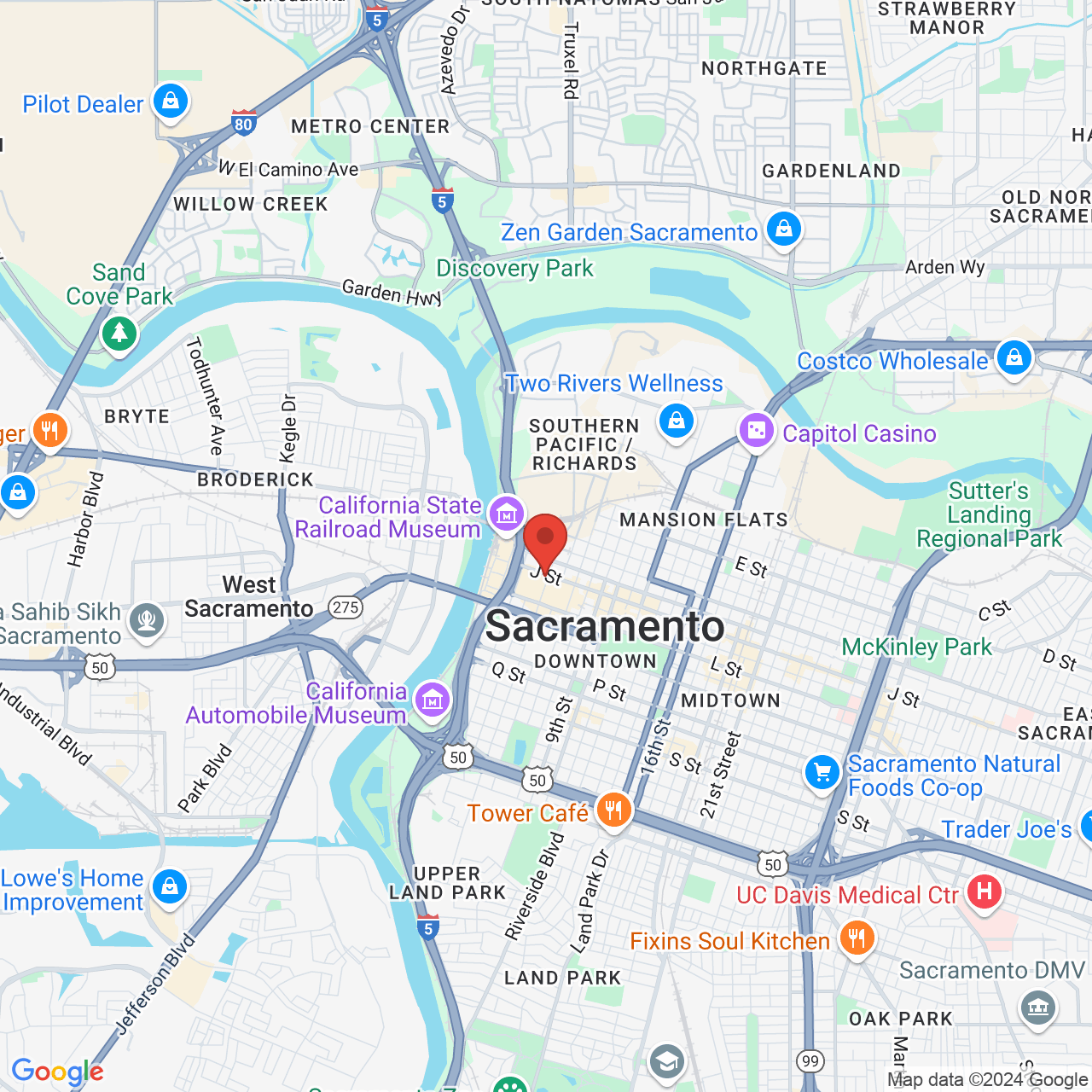Protecting Against Family and Medical Leave Discrimination
In California, both the Family and Medical Leave Act (FMLA) and the California Family Rights Act (CFRA) provide protections for qualified employees who need to take leave due to a serious medical condition or to care for a sick family member, a newborn, a newly adopted child, or a foster child. Your employer is prohibited from interfering with, restraining, or denying your rights under the FMLA or the CFRA.
If you were treated unfairly due to your request for or taking of family and medical leave, our family and medical leave discrimination lawyer at Thyberg Law in Sacramento, CA, can help. Attorney Gregory A. Thyberg specializes in employment law and workplace discrimination and will work to defend your rights. Contact our office online or call us (916) 204-9173 to learn more about how we can help you.

Understanding Your Rights
While there are differences between the CFRA and the FMLA, both allow a qualified employee to take up to 12 weeks of unpaid leave from work per year for a number of different reasons, including:
- A serious health condition which prevents them from doing their job
- Caring for a sick child, spouse, or parent with a serious health condition
- Caring for a newborn, a newly adopted, or foster child
As of 2009, the FMLA also provides coverage for certain military-related situations which require leave, such as short-notice deployment or post-deployment events.
In order to qualify, an employee must have worked for an employer for at least non-consecutive 12 months and worked at least 1,250 hours during that time. Furthermore, these laws only apply to employers who have at least 50 employees within a 75-mile radius of the employee’s worksite.
A "serious health condition" can refer to a range of medical issues, including both physical and mental conditions. Typically, to qualify for this type of leave, the condition must require inpatient care or continuing treatment.
Protections under the Acts
In addition to providing leave, the CFRA and FMLA prohibit your employer from interfering with certain rights. In particular, you are protected against discrimination or retaliation for filing for family and medical leave.
Hostile behavior when you return from leave or comments about your leave causing more work for others is also considered discrimination.
For example, if your employer allows you to take leave and then terminates you during your time away from work, this action may qualify as retaliatory behavior. Similarly, hostile behavior when you return from leave or comments about your leave causing more work for others is also considered discrimination. Our team can investigate the situation surrounding your leave and determine if you were treated unfairly by your employer.
Proving Discrimination
In order to build a strong case for family and medical leave discrimination, you must prove that:
- You qualified for leave under the FMLA or CFRA
- You engaged in a protected activity during your leave
- You were adversely affected by an employment decision
- The protected activity and the adverse action were directly connected
Greg Thyberg has helped many clients with discrimination and workplace retaliation cases. Along with our team, he can analyze the facts of your case and represent you during a negotiation or in court. If your suit is successful, you can receive compensation for lost wages, salary, benefits, or other monetary losses, plus interest.
Talk to a Professional
At Thyberg Law, we are dedicated to protecting our clients rights against unfair and unlawful actions in the workplace. If you believe you were a target of family and medical leave discrimination, contact our office online or call (916) 204-9173 to speak to a member of our team today.


